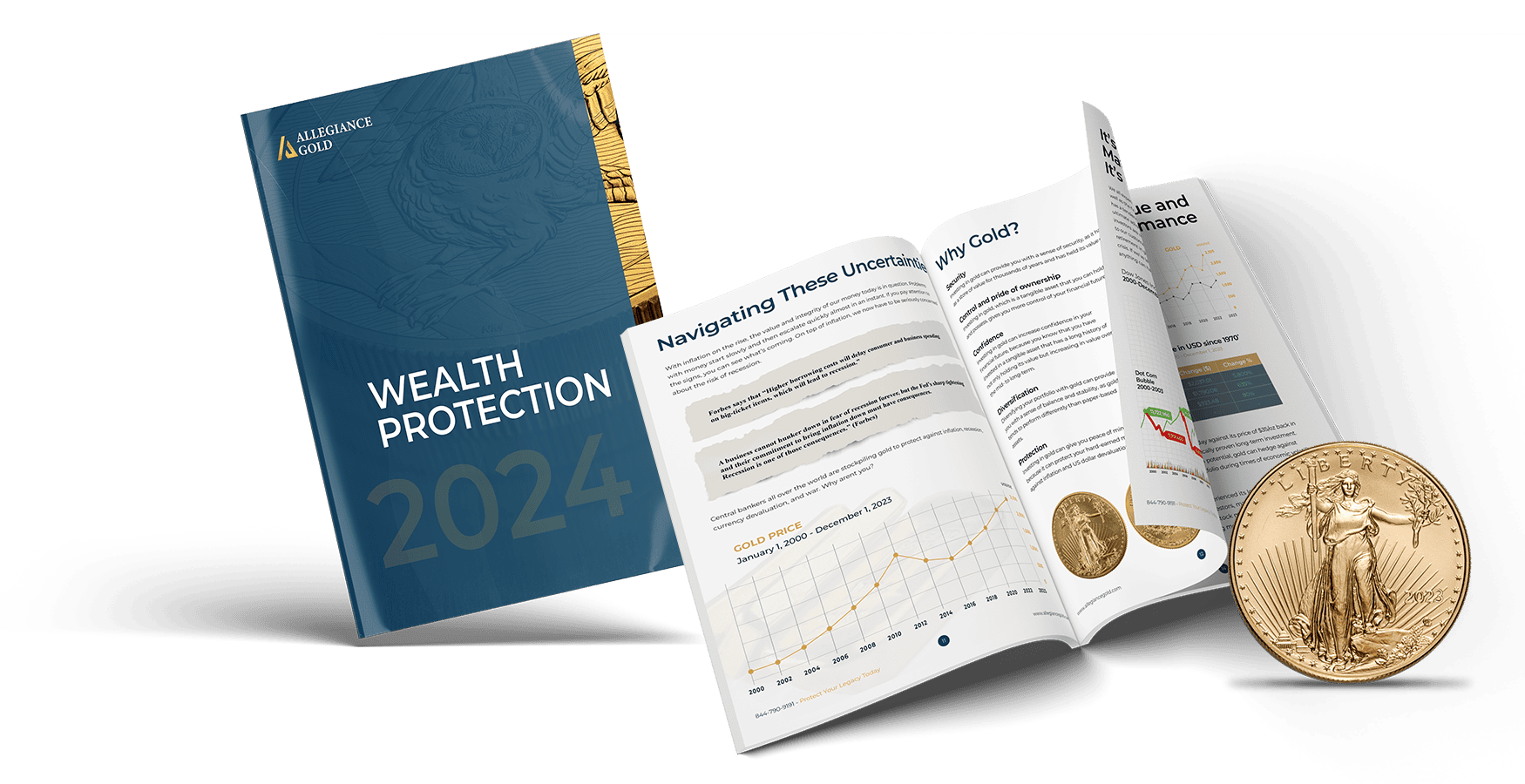
Investing in gold and silver can offer seniors a strategic approach to preserving and growing their wealth over the long term. While the decision to invest in precious metals varies based on individual circumstances and unique situations, there are several key factors that elderly investors should consider before diving into this asset class.
Historically, gold and silver’s reputation has been considered a safe-haven asset, serving as a reliable store of value during times of economic turbulence. For seniors who prioritize wealth preservation and stability, allocating a portion of their portfolio to gold and silver can provide a hedge against inflation and currency devaluation. However, it’s essential to note that reputation and past performance are not indicative of future results, and thorough research and consultation with financial professionals are necessary before making investment decisions.
Age restrictions play a significant role in shaping the investment strategy of seniors. Unlike younger investors who have more time to ride out market fluctuations, seniors may have a shorter investment horizon due to their age and life expectancy. This means that elderly investors must carefully assess whether they have enough time to realize the full potential of their gold and silver investments or if they require assets with more immediate income or liquidity.
Furthermore, investing in physical gold and silver presents unique challenges for seniors, particularly in terms of purchase, storage, fees, and sale. Elderly investors may face logistical hurdles related to accessing and transporting precious metals, especially if they have health or mobility issues. Therefore, it’s crucial for seniors to consider the practical aspects of owning physical assets and explore alternatives. Unlike stocks or bonds, which can be easily bought and sold online through brokerage accounts, investing in physical precious metals may require additional steps, such as purchasing bullion or coins from reputable dealers and arranging for secure storage.
In addition, considering the premium or spread is also crucial for elderly investors when venturing into precious metals. The premium refers to the additional cost added to the spot price of the metal, while the spread represents the difference between the buying and selling prices of the metal.
Understanding and evaluating the premium or spread is essential for several reasons:
- It directly impacts the initial cost of acquiring precious metals. Different types of bullion or coins may have varying premiums depending on factors such as rarity, minting, and demand. Seniors should carefully assess these premiums to ensure they are getting fair value for their investment.
- The premium or spread can affect the liquidity of the investment. Higher premiums may result in a larger spread between the buying and selling prices, making it more challenging to sell the metal at a favorable price. This is especially important for elderly investors who may need to access their funds quickly in case of emergencies or changing financial needs.
- The premium or spread can impact the overall return on investment. While precious metals are often viewed as a hedge against inflation and economic uncertainty, excessive premiums can erode potential gains over time. Seniors should aim to strike a balance between paying a reasonable premium for quality metals and maximizing their investment returns.
Elderly investors should carefully consider the premium or spread when investing in precious metals, especially within a Self-Directed IRA. By understanding how these factors impact the cost, liquidity, and returns of their investment, seniors can make informed decisions that align with their financial goals and risk tolerance.
Consulting with a financial advisor or tax professional is paramount for seniors considering gold and silver investments. These experts can provide personalized guidance on asset allocation, tax implications, and estate planning strategies tailored to the unique needs of elderly individuals. By seeking professional advice, seniors can make well-informed decisions that align with their financial goals and risk tolerance, ensuring a secure and comfortable retirement. At Allegiance Gold, by nature, we are not financial, tax or legal advisors, and investors should never seek or expect any form of advice from the firm and/or its staff. Allegiance Gold’s responsibility is solely to facilitate the process, educate and provide investors with accessibility to precious metals bullion and coins.
In conclusion, while investing in gold and silver can be a viable option for seniors seeking to safeguard their wealth, such investment may not be appropriate for some seniors. The industry carries inherent speculative risks and operates within an unregulated framework. Consequently, market prices are subject to fluctuations, both gradual and abrupt, over time. It’s essential to carefully evaluate age-related considerations and seek expert advice before making investment decisions. By taking a thoughtful and informed approach to precious metals investing, seniors can enhance their financial security and peace of mind in retirement. Consulting with a financial advisor is strongly recommended to ensure that gold and silver investments align with their overall financial strategy and goals.

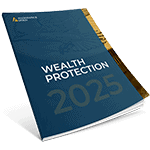
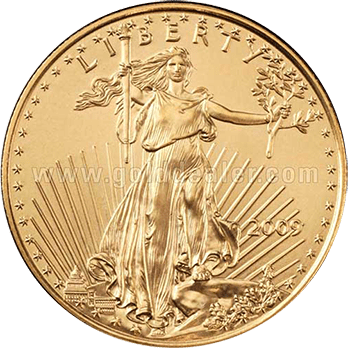 Gold Products
Gold Products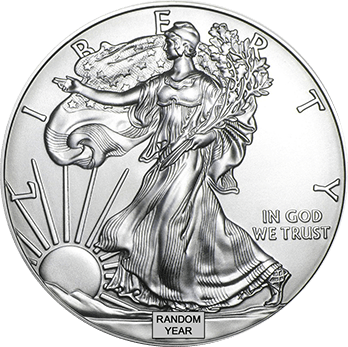 Silver Products
Silver Products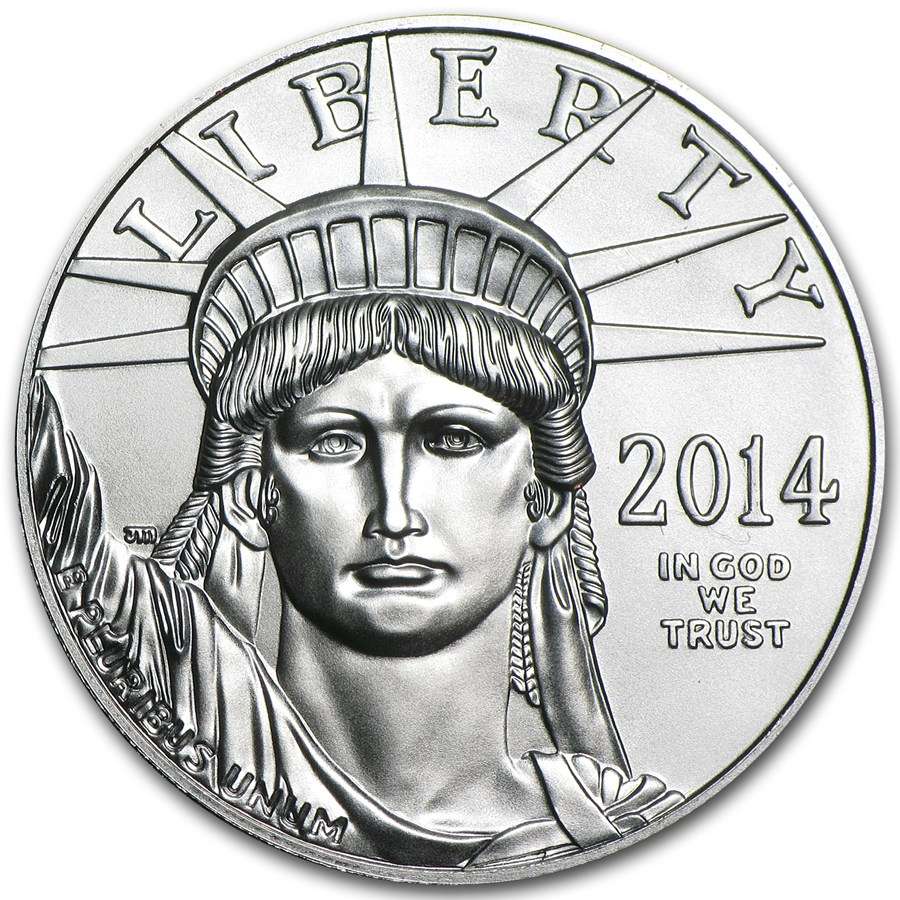 Platinum
Platinum